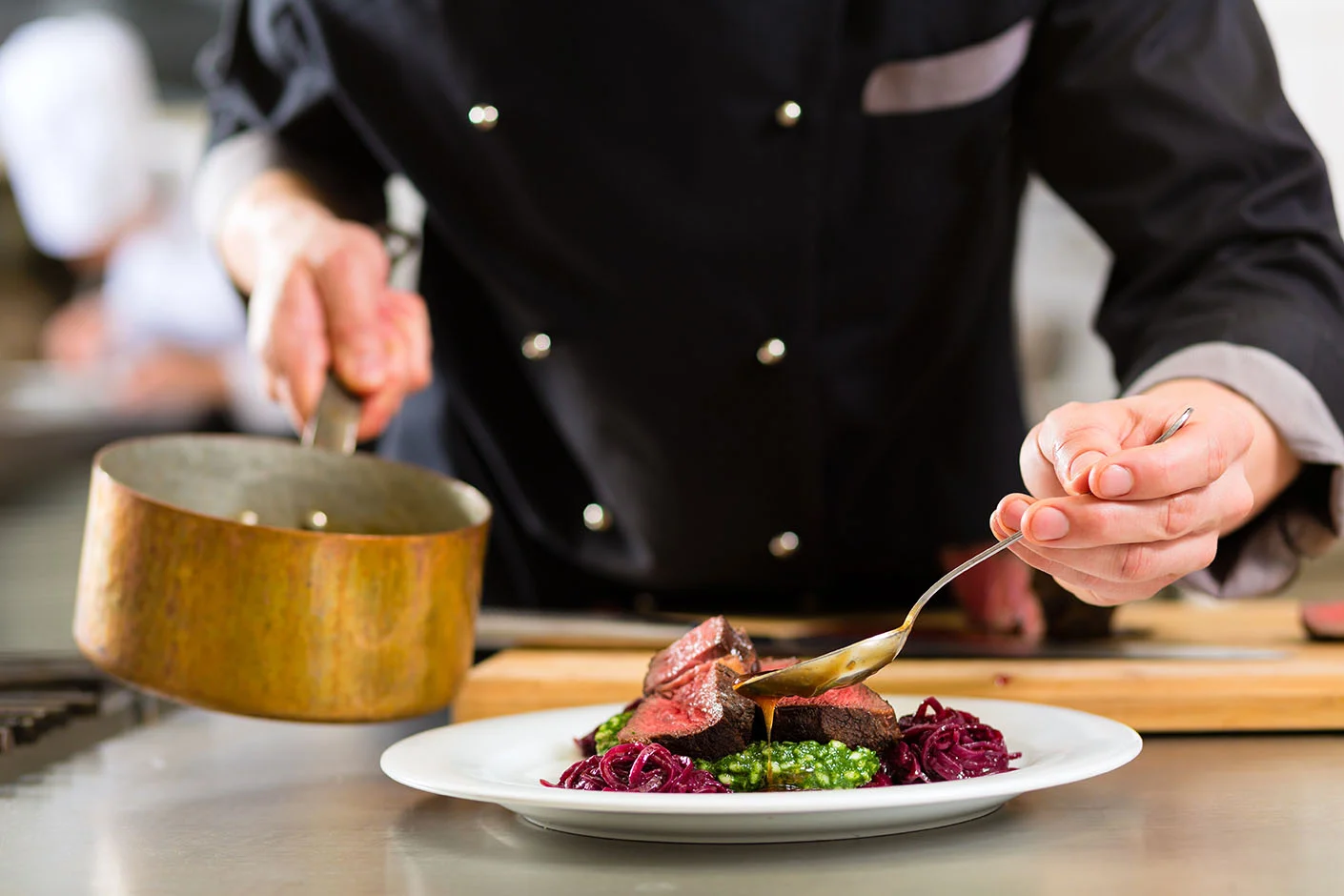~ To keep pace with the exponential growth in Goa’s tourism and hospitality industry, stakeholders offer solutions to equip potential culinary industry workers with contemporary technical and soft skills.
~ Upskilling is necessary to match the rapid growth and the constantly evolving nature of the state’s food and beverage industry, stakeholders said.
Taking the label of the ‘culinary capital of India’ in its stride, Goa’s food
and beverage industry has borne witness to exponential growth in the past few years. With
several culinary enterprises establishing a firm foothold in the coastal state, the sector is ripe
for youth to pursue career opportunities.
To keep pace with this notable growth, stakeholders in Goa’s tourism and hospitality
industries shared the opinion that workers in the food and beverage sector should be
sufficiently equipped with critical skills to capitalise on the industry’s growth and meet the
consequent growing demand for employees.
According to Siddharth Savkur, chief executive officer of the Verna-based Kamaxi Group,
the culinary industry’s growth spurt lacks a proportional rise in adequately-trained
individuals, leading to “a dilution of standards, consistency and guest experience”.
“Restaurateurs are forced to compromise and hire sub-par candidates merely to ensure
continued operations. This can adversely impact Goa’s culinary reputation in the long run.
While there is an overall shortage of skilled labour in the industry, the gap is particularly
striking in the case of culinary teams,” stated Savkur.
To bridge this gap, the practical-based academic courses offered by the Verna-based
Kamaxi College of Culinary Arts (KCCA) and the skill development initiative Kamaxi Skills
under the umbrella of Kamaxi Group, have been accordingly adapted to nurture culinary
candidates’ skills in hygiene, sanitation, waste control, cost management and environment-
conscious cooking, rendering them employable immediately upon graduation.
Prahlad Sukhtankar, Goa Chapter Head of the National Restaurant Association of India
(NRAI), stated that the surge of interest pan-India in focusing on the tourism and hospitality
sectors post the COVID-19 pandemic led to the growth of the aforementioned industries in
the state, as “several hotel and restaurant owners from other parts of India came to Goa to
set up their business as tourism was functional only in this state, which brought in a lot of
investment”.
However, Sukhtankar has noticed a woeful dearth of soft skills like communication,
adaptability, teamwork, a strong grasp of customer service principles and a passion for
innovation.
“Building on soft skills is crucial if Goa has to remain a competitive tourism and hospitality
market. Collaborative efforts also need to occur between institutions that provide these skills
and local culinary entrepreneurswill ensure they flourish in Goa, rather than only in culinary establishments abroad,” said Sukhtankar.
Conversely, chef Avinash Martins, founder of Cavatina by Avinash Martins, Benaulim,
believes that the culinary candidates from Goa are innately hospitable, first observed during
British rule when Goans were employed as front-of-house servers, food and beverage
managers and housekeepers across the Empire. He attributes the presence of a less
capable workforce to fewer advantageous prospects in the state that have led to a
widespread brain drain, a phenomenon which has been articulated on several occasions in
recent times by Chief Minister Pramod Sawant.
“Goa’s hospitality structure requires better formatting, as jobs in the state do not offer
adequate prospects. The per capita income in the state’s hospitality sector needs a boost for
those with technical and soft skills to take up lucrative occupations here, which will benefit
Goa’s reputation as a culinary destination,” said Martins.
Carlos De Sousa, convenor of the Tourism Committee, Confederation of Indian Industry
(CII), Goa, offers a few more solutions with which culinary industry hopefuls in Goa can be
equipped.
“To make the talent more suitable for immediate absorption in hospitality, institutes can run
six-to-twelve-month paid internship programmes with hotels to gain real-world experience,
ensuring their readiness for the industry on completion of the course,” stated De Sousa.
“Refresher and short courses will help older people entering the hospitality workforce from
adjacent industries to ensure that the skill pool remains intact,” he concluded.


